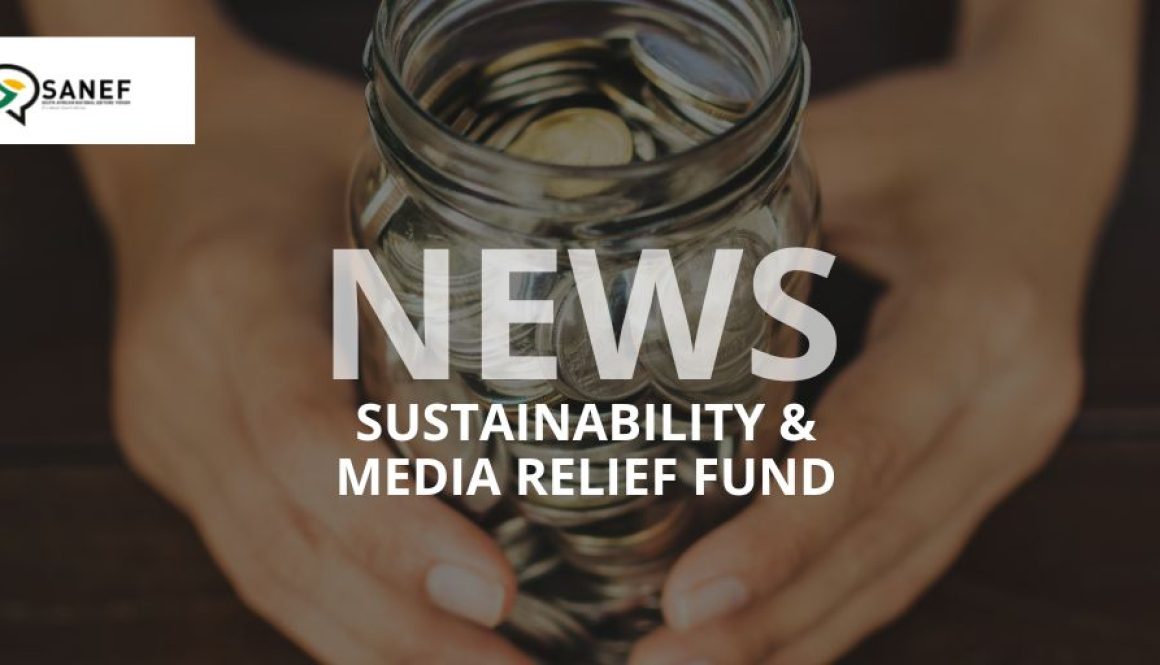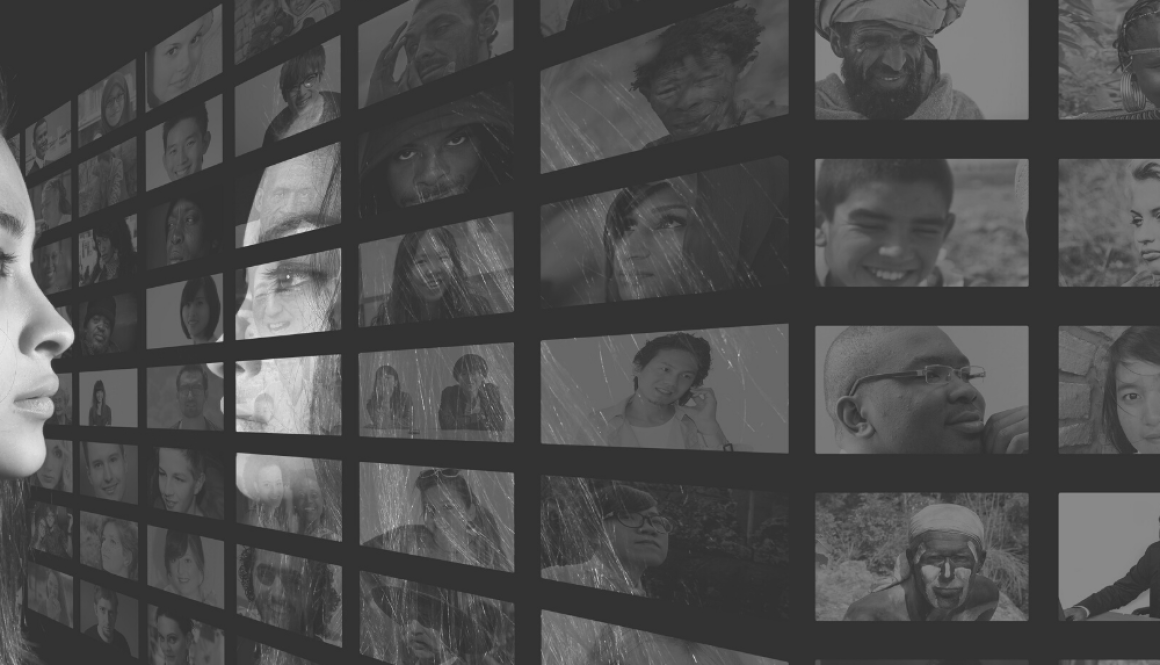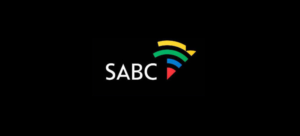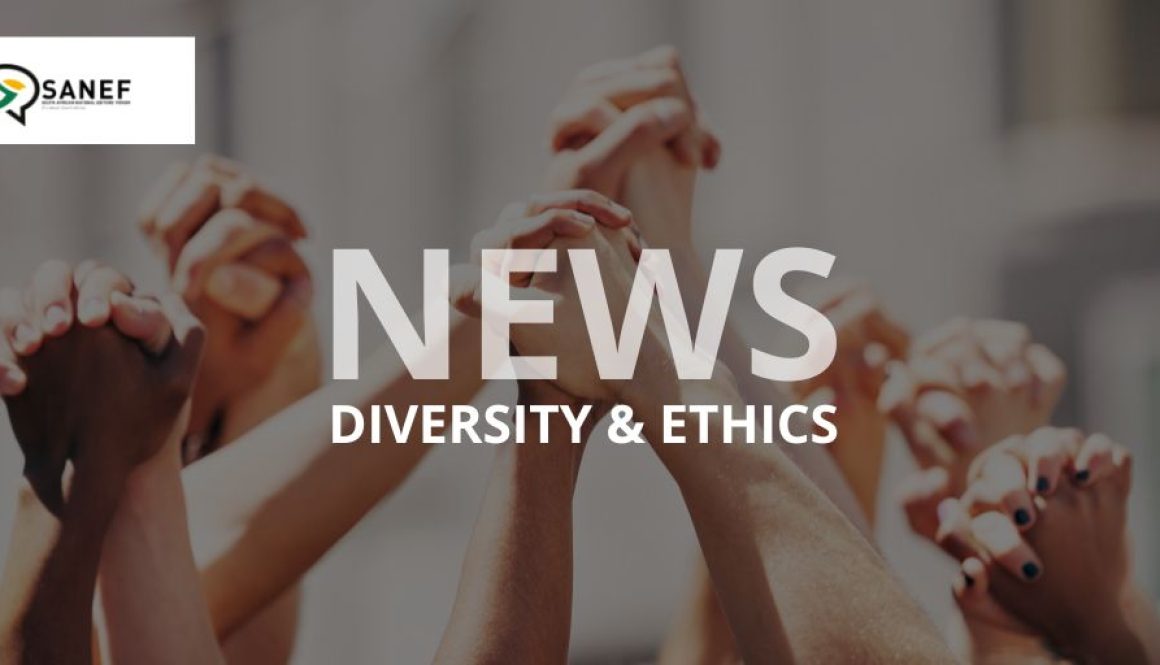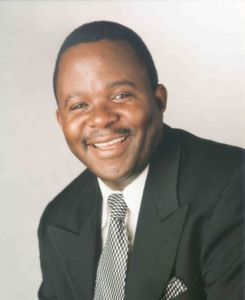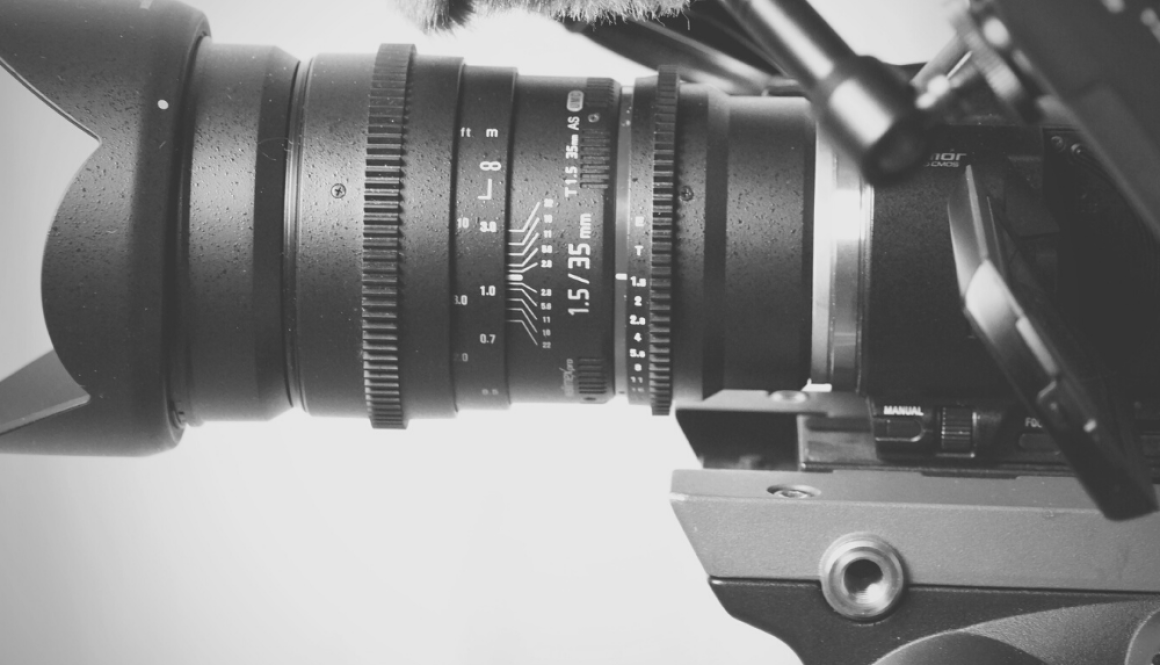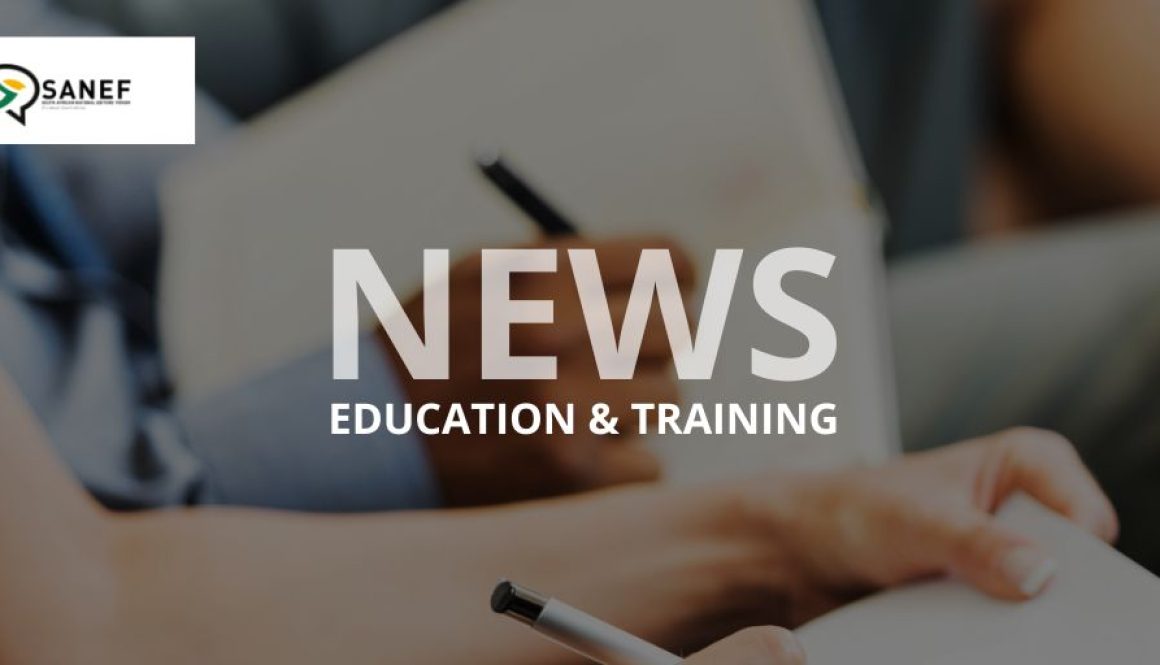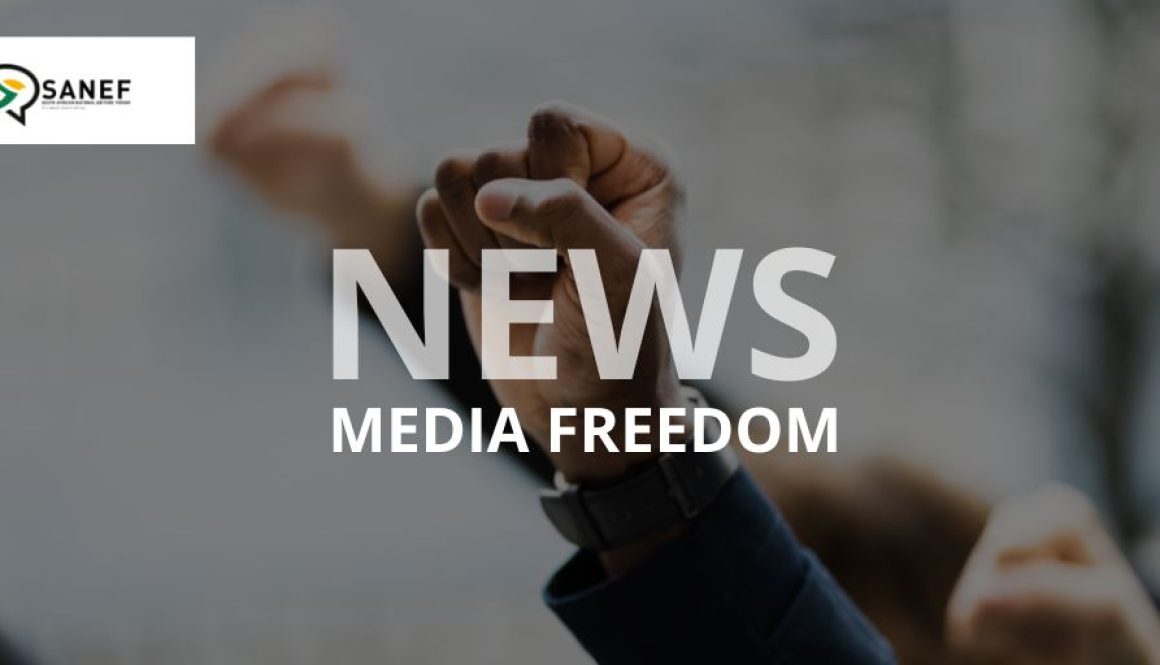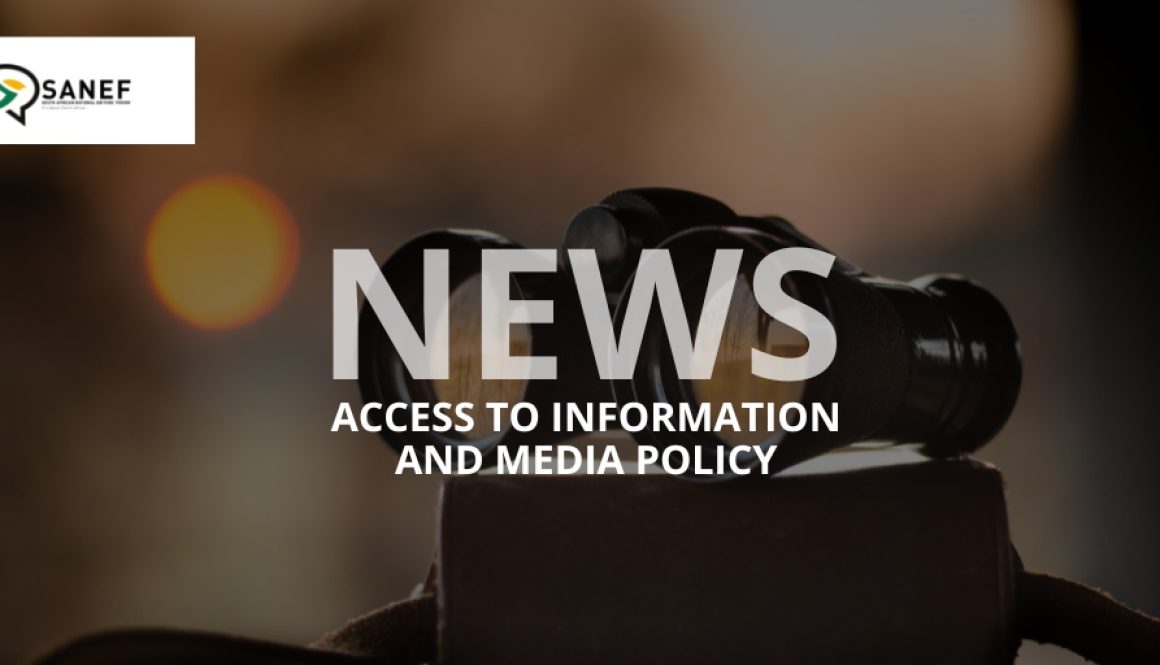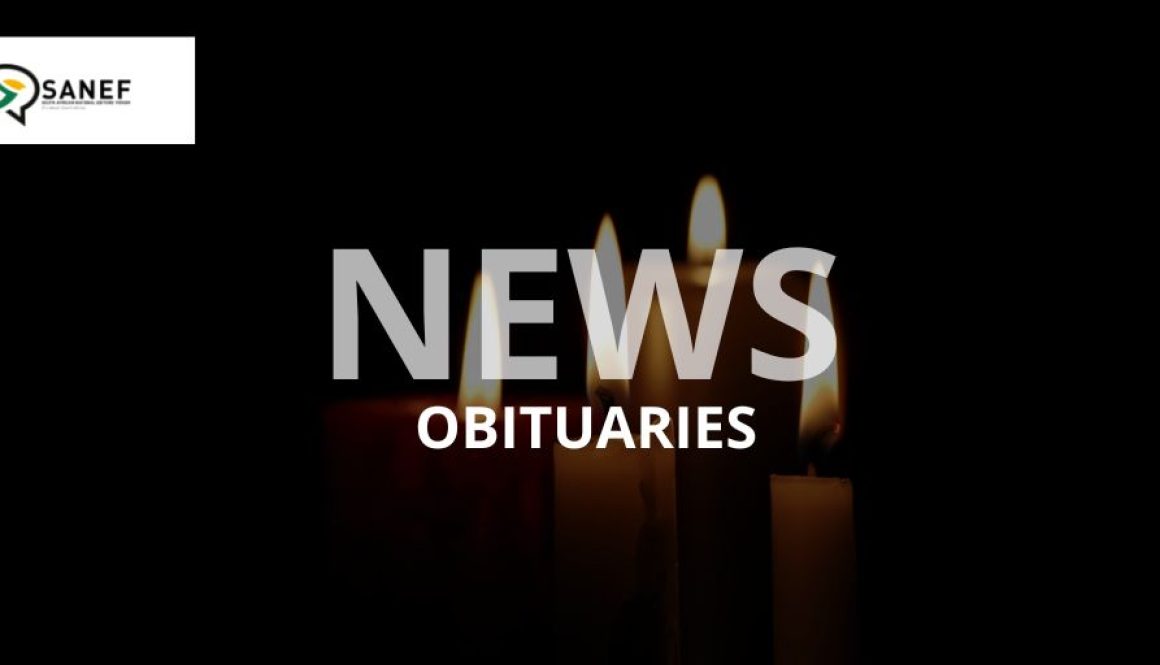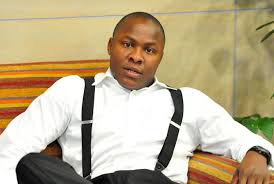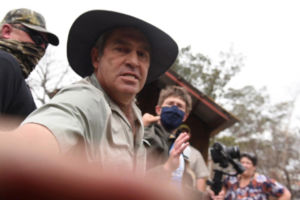SANEF Proposes Independent Mediation for SABC News Impasse
The South African National Editors’ Forum (SANEF) held cordial meetings on Thursday (19 November 2020) and Friday (20 November 2020) with SABC editors and executives respectively to find a way forward in the current impasse facing the public broadcaster.
SANEF notes that the SABC board announced late on Thursday night that it was suspending the restructuring process by seven days to allow for further consultation.
News reports have indicated that media unions are going ahead with strike action that threatens a blackout of broadcast and digital services at the public broadcaster.
SANEF has proposed a mediated process to both management and editors to try and resolve the impasse, as the instability in the news division at the public broadcaster threatens its ability to deliver on its expansive, but sadly unfunded public mandate.
The SABC delivers news in all 11 official languages across the country and two San languages, Khwedam and !Xuntali, and it is the only institution with regional offices, ensuring that rural and marginalised communities are given a voice. In parts of our country, it remains the only source of information for communities. It, therefore, remains central to South Africa’s ability to ensure thriving participatory democracy.
It was clear to SANEF that none of the parties dispute the critical need for the SABC to restructure and cut costs. A bloated, top-heavy structure is the unfortunate consequence of years of mismanagement, including the payment of above-inflation and irregular increases and bonuses. All parties agree that for the SABC to be saved, costs must be cut.
In our meeting with editors on Thursday, they indicated that they remain committed to the restructuring of the SABC to ensure its sustainability and ability to continue to deliver on its constitutional mandate.
But they expressed frustration that there was not sufficient consultation on the proposed structure and indicated that there were gaps in the structure presented that could impede operations directly linked to delivering on its public service responsibilities.
The SABC executive, led by Group CEO Madoda Mxakwe, explained that Treasury conditions on the bail-out it received included reducing its salary bill, which currently represents more than half its revenue and 43% of its expenditure. In the news division alone, 93% of the budget is spent on salaries.
Management also warned that should the turnaround strategy not be implemented, the SABC will run out of money by April. SANEF is of the view that urgent action must be taken to avoid this situation, that will be to the detriment of millions of South Africans.
The SABC executive reiterated its commitment to continue to deliver on the SABC’s constitutional mandate despite the lack of funding from the shareholder.
SANEF believes a mediated process between the newsroom and the management team will allow for the management team to share with the editorial staff the vision for the SABC and explain the difficult choices it had to make as part of safeguarding the sustainability of the SABC.
The editorial team will be able to share with management its proposals on ensuring that while the inevitable restructuring process is carried out, there are no gaps that threaten operations.
FUNDING THE PUBLIC MANDATE
SANEF is however concerned that the SABC’s critical public mandate has never been funded sufficiently by the government despite promises over the years to do so.
Instead, there has been a reversal of support to the SABC.
For example, the SABC was not given extra funding to cover the 2019 national and provincial elections. The public broadcaster played a critical role in giving voice to ordinary South Africans and gave the opportunity for political parties to share their manifestos with the public.
The SABC plays a critical role in informing and educating the public on pandemics like Covid-19, especially in a climate where audiences turn to credible media outlets for factual news.
In the week after the National State of Disaster was declared, the average audience for IsiZulu language TV news on SABC increased by 40% and IsiXhosa news audience rose by 60%.
The pandemic has had a disastrous impact on the finances of all media companies, including the SABC, again highlighting the need for proper government funding of the public broadcaster.
Government and political parties cannot speak about the importance of the SABC but fail to provide it with the necessary financial support to execute that mandate.
Note to Editors: The South African National Editors’ Forum (SANEF) is a non-profit organisation whose members are editors, senior journalists and journalism trainers from all areas of the South African media. We are committed to championing South Africa’s hard-won freedom of expression and promoting quality, ethics and diversity in the South African media. We promote excellence in journalism through fighting for media freedom, writing policy submissions, research and education and training programmes. SANEF is not a union.
For more information please contact:
- Sbu Ngalwa – SANEF Chairperson (073) 404-1415
- Adriaan Basson – SANEF Deputy Chairperson (082) 562-2113
- Mahlatse Mahlase – Secretary General (083) 399-2852
- Nwabisa Makunga – Treasurer (082) 555-1972
- Asanda Ngoasheng – Western Cape Convenor – 082 610 9374
- Judy Sandison – SANEF KZN Convenor (082) 571-3334
- Katy Katopodis – SANEF Gauteng Convenor (082) 805-7022
- Chiara Carter – SANEF Eastern Cape Convenor (082) 659-9162
- Kate Skinner – SANEF Executive Director – (082) 926-6404
Socials
Twitter: @SAEditorsForum
Email: [email protected]
Website: SANEF

